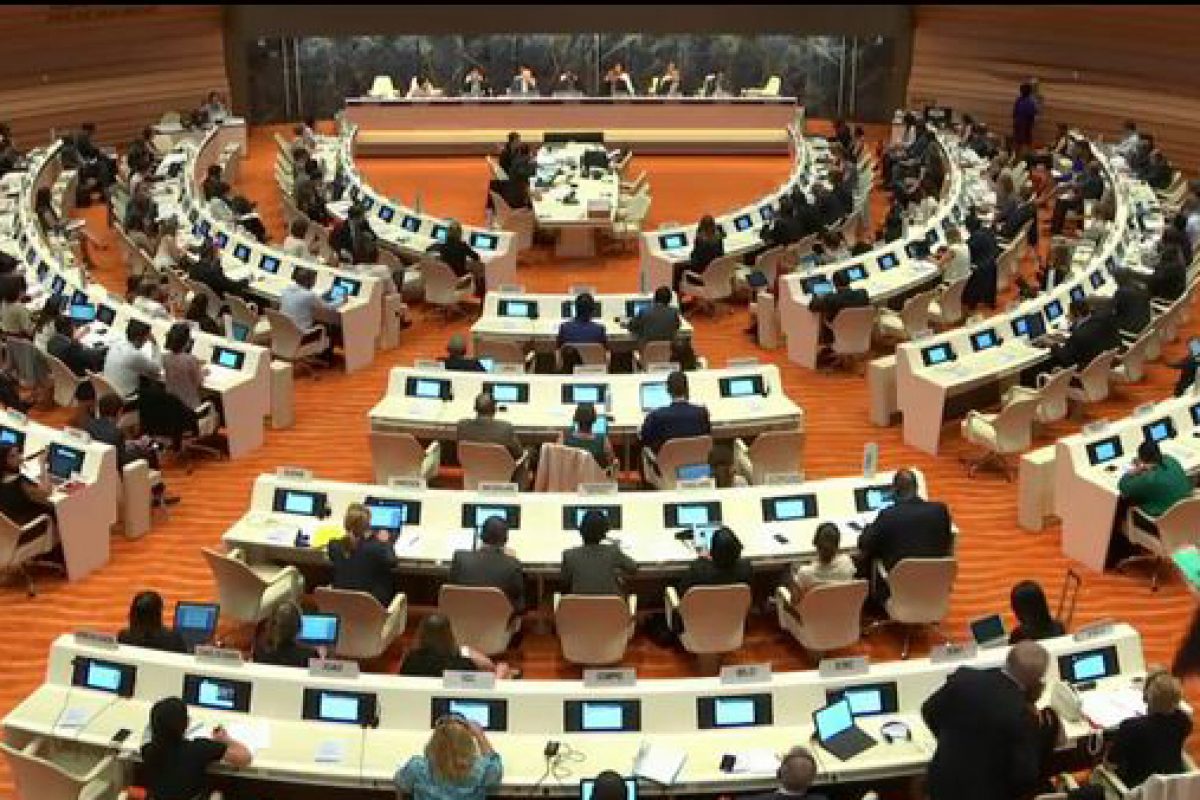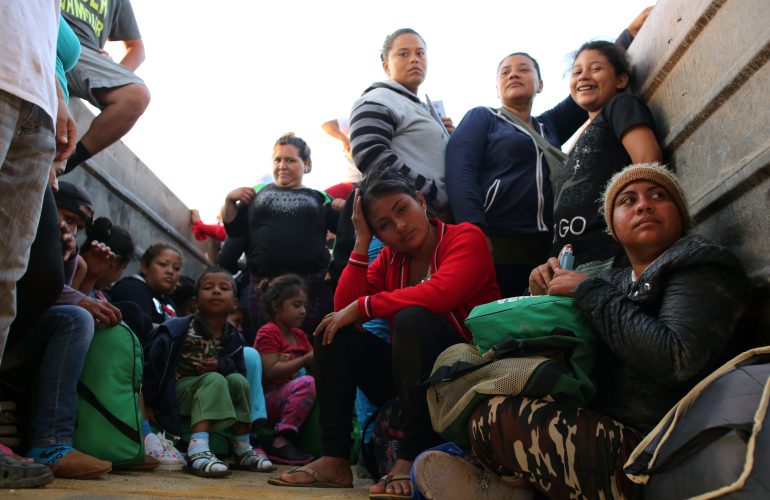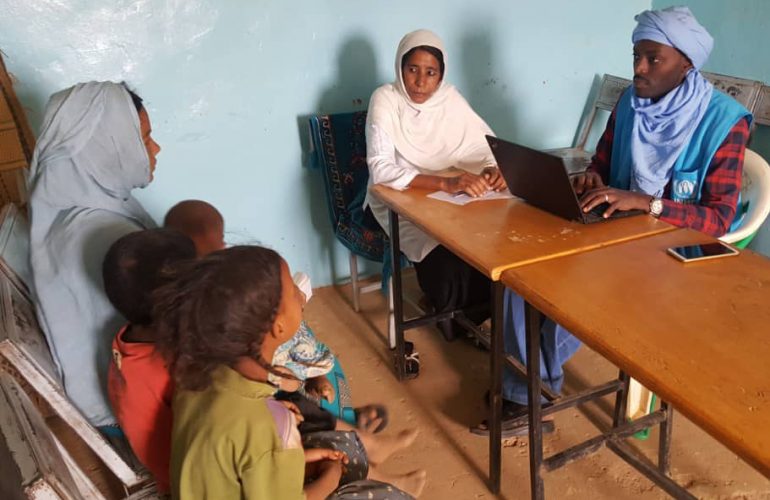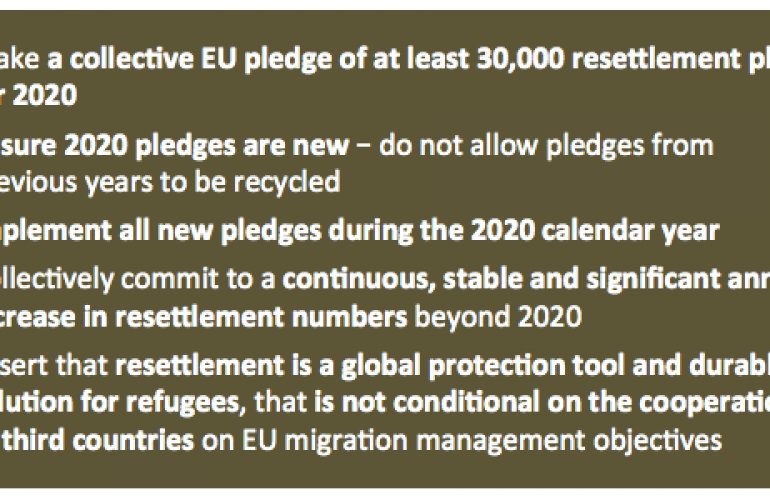ICMC Welcomes Multiple Solutions, With Multiple Actors to Build a Global Compact on Refugees

Mantalin Kyrou, Policy Associate at the International Catholic Migration Commission (ICMC), delivered a statement yesterday during the 1st Thematic Discussion on the Global Compact for Refugees. The statement, entitled “Back to the future: Responsibilities we Share, Solutions we Know”, welcomed the idea of multiple solutions, with multiple actors to build a Global Compact on Refugees.
Kyrou began by recognizing the active and effective engagement of faith-based organizations and NGOs to build together with governments and agencies “a Compact worthy of our agreement and implementation.” The statement also encouraged the remembrance of past achievements where multiple actors came together in cooperation to accomplish great success in moments of great challenge.
Echoing the words of ICMC’s former President Peter Sutherland who urged all to go “back to the future”, it remembered previous humanitarian solutions that made a sizeable impact on the lives of thousands of refugees; namely the orderly departure programmes which “offered life-lines” to Vietnamese boat people. Kyrou concluded by acknowledging communities, local authorities, faith-based and other groups of ordinary citizens who have been stepping forward simultaneously, opening their hearts and houses and providing essential pathways for successful resettlement processes. With an emphasis on multiple solutions, ranging from structural to emotional, and multiple actors, Kyrou applauded this kind of cooperation as a Compact worth agreeing to.
Watch the video clip here (2:22:37 to 2:27:04). Courtesy of UN Web TV.
- Read the statement “Back to the future: Responsibilities we Share, Solutions we Know”


